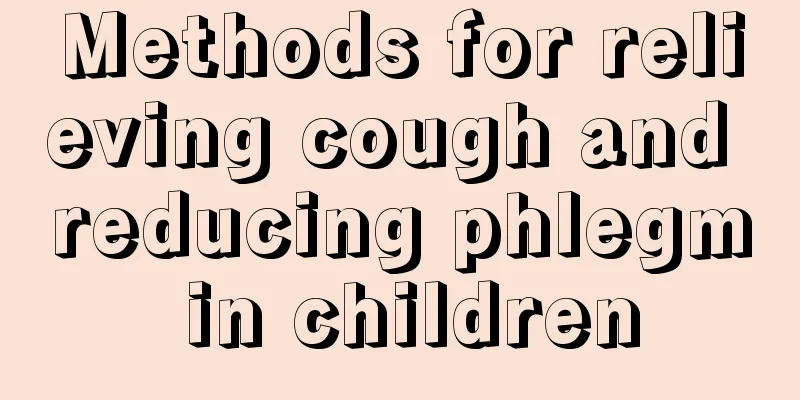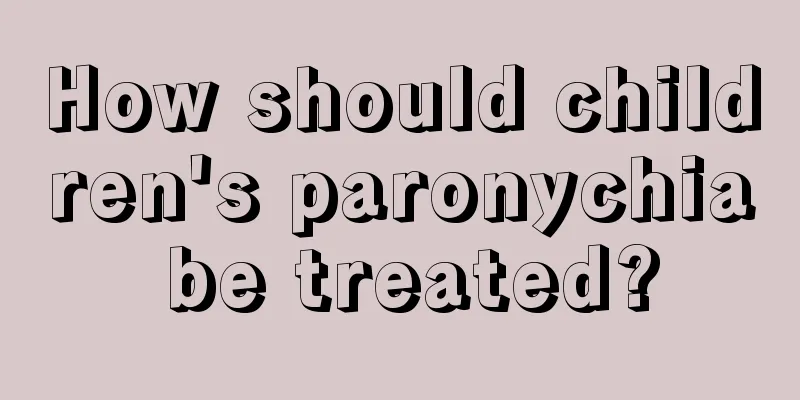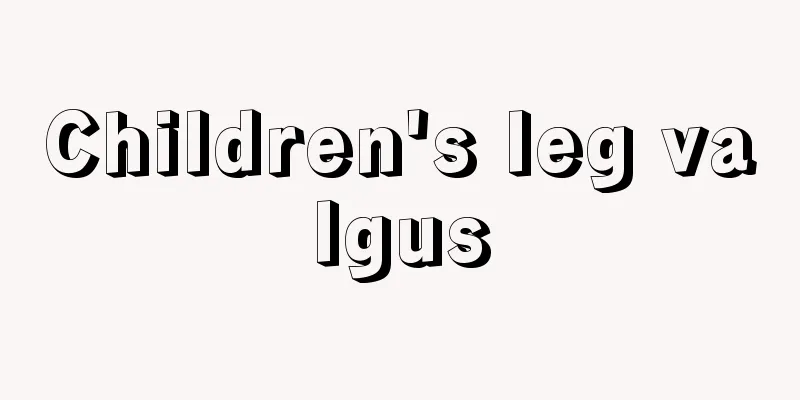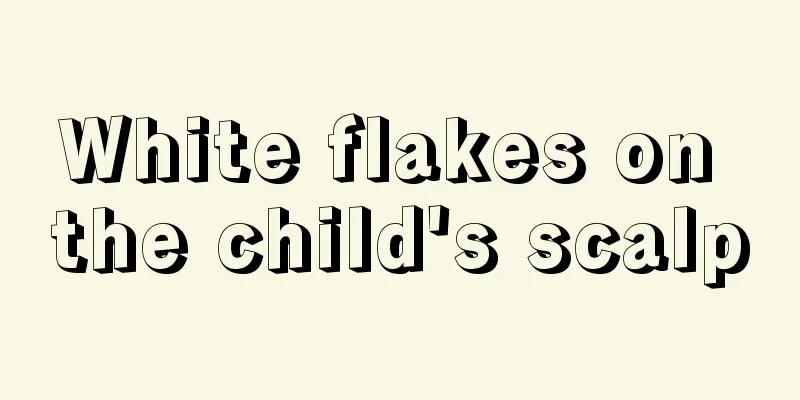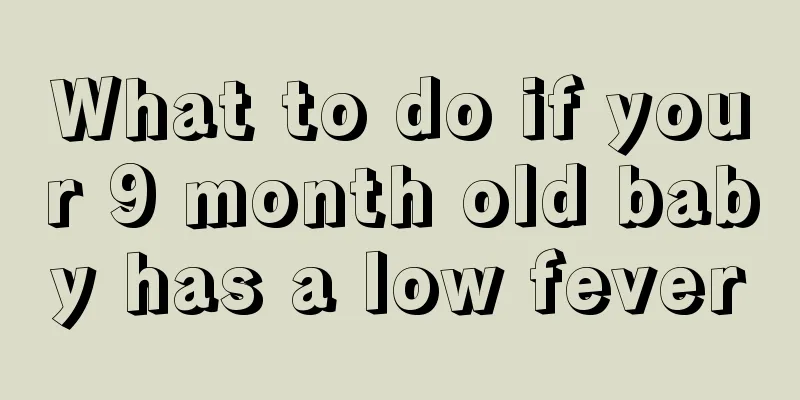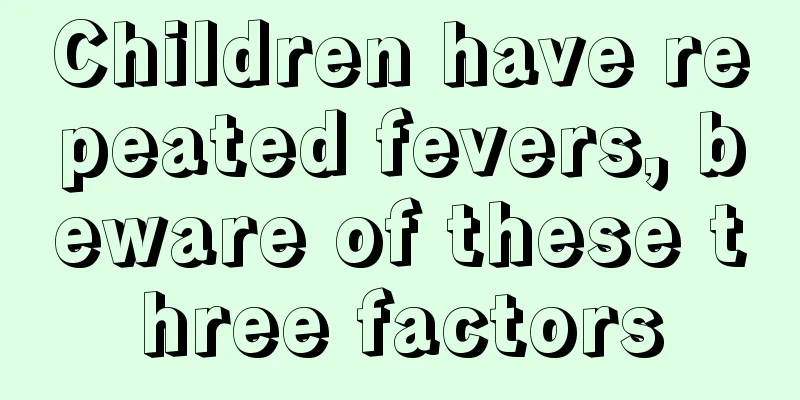What is the cause of excessive saliva secretion in children?
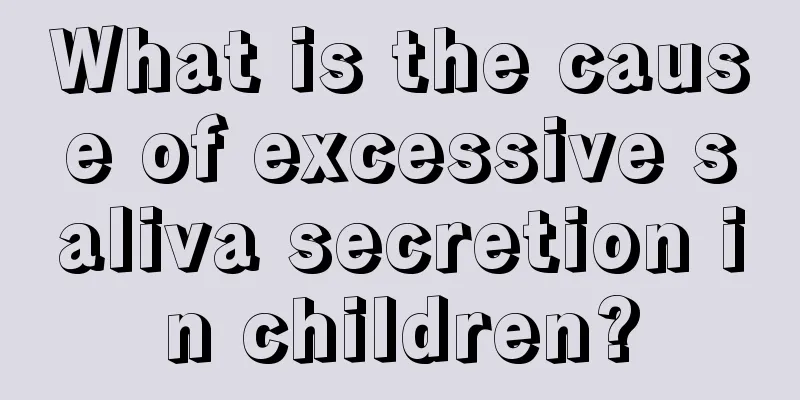
|
Everyone secretes a certain amount of saliva every day. It is abnormal if not much saliva is secreted. Everyone knows that children are more likely to produce a lot of saliva, but if the amount of saliva secreted by their baby is obviously too much, it will also make parents worried. So, why do children secrete too much saliva? For parents’ curiosity, let’s take a look at the specific answers below. There are many reasons for drooling in infancy and childhood. Some begin to drool 2-4 months after birth, and the drooling becomes more and more frequent, especially at 5-6 months. This is because the salivary glands are not well developed at birth. They gradually mature after 3-4 months and the secretion of saliva gradually increases. When the teeth come out at 5-6 months, the local nerves are stimulated, causing the salivary glands to secrete more. At this time, children are not used to swallowing saliva, and the mouth is shallow, so saliva continues to flow out. This is a normal physiological phenomenon. This phenomenon will disappear on its own as the child grows older and is able to swallow excess saliva. Parents don't need to be nervous and no treatment is needed. If the child is still drooling after being over 3 years old, the condition should be comprehensively assessed based on intellectual development and motor development. If growth, intelligence and motor development are all delayed, then drooling is a manifestation of delayed intellectual development. Malocclusion and poor mouth closure can also easily cause drooling. Otherwise there is not necessarily a problem. If the child originally did not produce much saliva but it suddenly increases within a short period of time, or the child was able to swallow excess saliva, and drooling stopped for a while but starts drooling again later, you should observe whether the child cries or has a fever, and check whether the oral and cheek mucosa is congested, or has ulcers or white spots. If facial paralysis or other neurological changes occur, causing facial and oral muscle movement disorders, affecting the child's swallowing and chewing, drooling is likely to occur. You should ask your doctor to further investigate the cause so that you can receive treatment. People with enlarged adenoids in the throat or severe allergic rhinitis often need to breathe through their mouths. If you swallow less frequently and drool more frequently, you should receive treatment accordingly. Why do children secrete too much saliva? Some situations regarding saliva secretion in children have already been introduced. A lot of saliva is secreted during infancy because the child's salivary glands have not yet fully developed, which leads to this situation. Generally, as the child grows, this situation will gradually decrease. In addition to excessive saliva secretion, if the child has other conditions, he needs to go to the hospital for examination in time. |
<<: How to stop diarrhea quickly in children
>>: How to treat children's weak spleen and stomach
Recommend
What to do if you have chickenpox
If we get chickenpox on our body, it must be firs...
Why does my child have pain on the right side of his stomach?
Children and the elderly have weaker gastrointest...
How to treat hypertension in children?
Many children have problems that seriously threat...
My child has a fever, but his head is hot but his body is not. What's going on?
Children's body functions are not fully devel...
When does a child stop growing taller?
In this era where long-legged guys are popular, h...
Baby stretches with red face
Nowadays, many families choose to have one child,...
Diet therapy for recurrent tonsillitis in children
Tonsillitis is a common upper respiratory tract i...
What causes red, swollen and bleeding gums in children?
In our daily lives, it seems that children do not...
How long can a newborn baby use bath gel
Parents usually feel distressed when bathing thei...
What is the cause of the pain in one of the child's ears?
Many children will experience ear pain in their l...
How much milk powder should be used for newborn babies
After the baby is born, breast milk and formula a...
What causes your baby to suddenly become sleepy?
It is normal for a baby to sleep about 20 hours a...
How to treat oral herpes in babies
Every parent loves their child more than themselv...
What to do if the little boy's glans is sticky
In life, everyone should know about the care of c...
The child has secretions from the lower body
Because modern people's living material stand...


